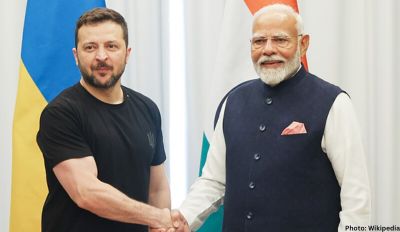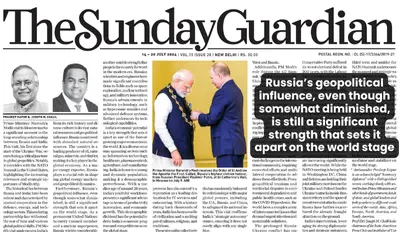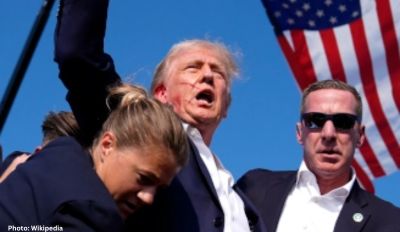A new report from the Asia Society Center on U.S.-China Relations and the Hoover Institution identifies U.S. dependence on Taiwan for semiconductors as “a considerable strategic and economic risk,” and states that “mitigating this risk must be an urgent priority for U.S. policy.”
As Taiwan comes under increasing pressure from China to come under its direct control, Silicon Triangle: The United States, Taiwan, China, and Global Semiconductor Security lays out how the United States and its allies can reduce risk while also protecting Taiwan’s autonomy.
Taiwan produces most of the world’s semiconductors, which run everything from mobile phones to advanced weapons system. “Semiconductors link our geopolitics, our ongoing economic prosperity, and our technological competitiveness,” the report states.
The report offers recommendations for how the United States and its allies can ensure a reliable supply of semiconductors. “It is not enough to simply constrain China,” the report says. “It is not even enough to innovate in design. The United States must run faster, harder, and with longer-term vision.”
Drawing on the shared thinking of a working group of senior former U.S. government officials and military leaders, technologists, economists, military strategists, industry players, and regional policy experts that met together over 18 months, the report’s recommendations include that the U.S. increase domestic capability to manufacture semiconductors and:
- Invest in education on semiconductors within the United States, starting in K-12.
- Increase Research & Development funding in both basic and applied research.
- Set immigration rules that welcome and retain top scientists and engineers in this field.
- Use a market-oriented, government-led industrial policy to strengthen the semiconductor sector within the United States.
The working group is co-chaired by the Arthur Ross Director of the Asia Society Center on U.S.-China Relations Orville Schell, Hoover Institution Senior Fellow Larry Diamond, and retired U.S. Navy Admiral Jim Ellis, Hoover Institution Annenberg Distinguished Fellow. A Foreign Affairs article by the co-chairs, lays out the report’s key recommendations.
Some highlights from the report:
“Restoring U.S. leadership requires close cooperation with reliable partner countries. It also requires an international talent pool of scientists and engineers from around the world, with immigration rules that welcome and retain this talent.”
“Taiwan is one of Asia’s most prosperous and successful liberal democracies, the world’s leading innovator in and producer of semiconductors, and a trusted partner in critical supply chains.”
“We believe it is in the interest not only of Taiwan’s twenty-four million people, but also of the United States and the entire Indo-Pacific region to deter PRC aggression against the island.”
“The United States should pursue comprehensive, market-oriented industrial policy measures as part of a long-term critical-technology global competitiveness agenda.”
“The United States should ensure that its imports of finished semiconductors and key inputs in the supply chain come from reliable and broadly ideologically compatible trading partners, such as current foreign industry leaders Taiwan, South Korea, and Japan.”
“The United States should increase federal R&D funding in basic and applied research that spans established fields such as conventional semiconductors as well as frontier fields.”
“The long-term solution to the critical shortage of home-grown science and engineering talent in the United States must include substantial enhancements of K–12 education. Students should be exposed to high-tech industries, including semiconductors, at an early age.”
“We urge corporations, government agencies, universities, and society at large to make the pursuit of engineering and careers in critical technologies as rewarding, well compensated, and esteemed as pathways as possible. Put simply, we must retain our own talent once they are trained, while attracting as much international talent as we can.”










